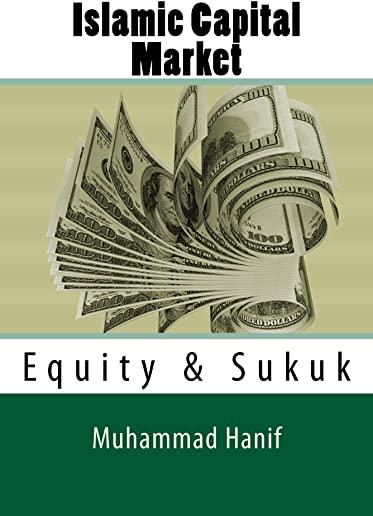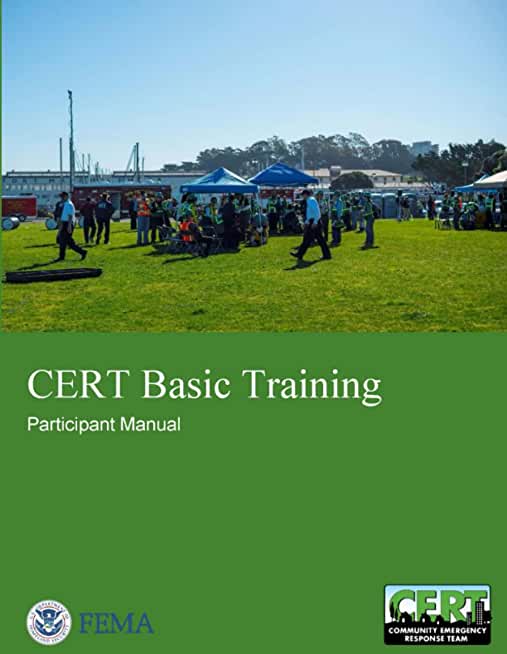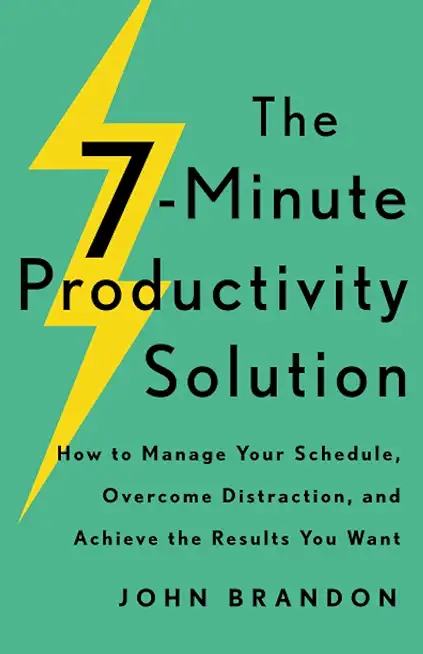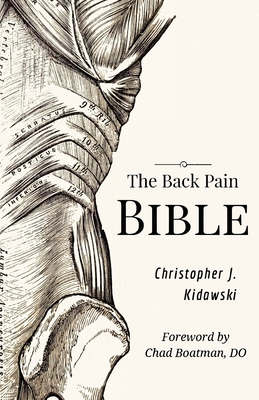
description
4Islamic banking and finance industry is expanding world over with an unprecedented growth. The global volume of Shari'a compliant assets has reached to US $ 1,700 Billion by the end of 2013, displaying a growth of 21% from 2007-13 (GIBCR-2014) Middle East and North Africa (MENA) region is the centre of Islamic finance market and contributes 74% share in global assets under Islamic finance, followed by East Asian region with a share of 17% while 9% from rest of the world. (IFSL, 2013). Share of Bank assets is 90% followed by equity funds 5% and rests are others in the global volume of assets under Islamic finance. For Islamic financial industry, deposit collection is not as much difficult as is financing and investments in business and industry. The investment avenues are limited due to Shari'a compliance restrictions as compared to conventional banks. For IFIs, Shari'a compliant modes of investments are a must. Conventional interest based bonds, leasing and insurance companies' certificates and government securities are not in line with Islamic financial system. However investment in equities, which are primarily profit and loss sharing based, fall within Shari'a compliant investment universe. Capital market is one of the major sources of diverting funds from savers to investors. Islamic finance is expanding in capital market in the form of Islamic indexes, Sukuk, money market funds and equity market funds. To address the issue of investment in marketable equities (which are primarily based on profit and loss sharing principle), Shari'a screening filters have been developed and we have above ten Islamic Indexes operating worldwide including DJIM, FTSE, S&P, MSCI, HSBC, Ameri, BID, Azzad and KMI. There exist differences in filtering criteria of these indexes and it is quite possible that a company is Shari'a compliant under one index and not under other(s) see Derigs & Marzban, 2008]. This difference exists among all followers of revealed books (Jews, Christians and Muslims), in explanation and detailed rules development based on revelations. There are at least five schools of thoughts based on solid reasons and logic among Muslims including Hanfi, Shafai, Malki, Hanbali and Jaafari. In Pakistan Al-Meezan Investment Management Ltd (AIML), subsidiary of a leading IFI (Meezan Bank) took the initiative and started screening of KSE listed securities through Shari'a compliance filters and developed KSE-Meezan Index (KMI-30). Test of Shari'a compliance of stocks is done under the guidance of qualified and reputed Shari'a experts. For a security, to be "Shari'a compliant" based on KMI Criteria, it must meet ALL the six key tests given below (KMI-2008). This book is written with a clear focus on learning of Islamic capital market by accounting, banking, business and finance students/professionals. Under Islamic capital market two dedicated chapters have been included; each for equities and Sukuk. Shari'a compliance of equity securities, trading rules and valuation mechanism discussed under equity chapter. Chapter-2 on Sukuk includes origin, development, types and Sukuk process along with Shari'a rulings. In this edition due attention has been given to present material in reader friendly mode in addition to thorough review of content, exercises and figures. Updated figures on equity funds and Sukuk are also part of this edition. This book is useful for MBA/BBA students as well as for banking/finance students and practitioners of Islamic banking & finance. It is also useful for accounting & finance professionals, trainers in Islamic banking, regulators, investors, corporate managers and general public, interested in understanding Islamic finance.
member goods
No member items were found under this heading.
notems store

CERT Basic Training: Participant Manual
by (Fema), Federal Emergency Management Age
Paperback /Paperback$22.68
Return Policy
All sales are final
Shipping
No special shipping considerations available.
Shipping fees determined at checkout.






